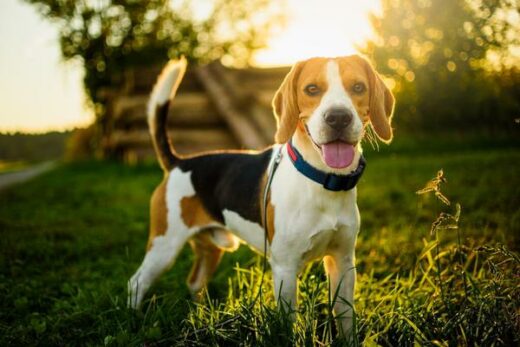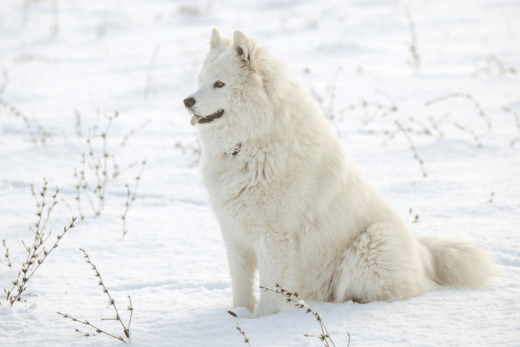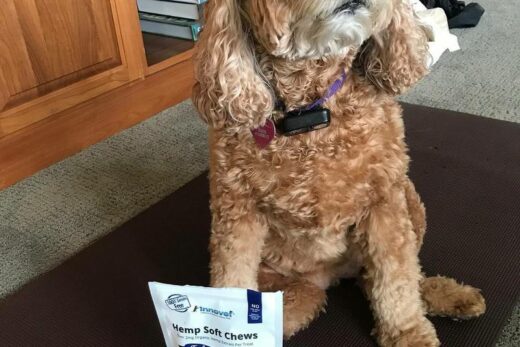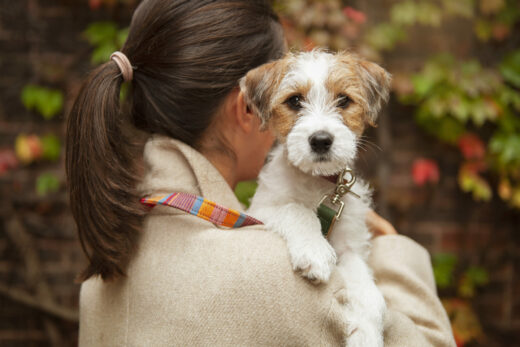
Havanese dogs have a reputation for being a real family pet. They love to be pampered and spoiled and will pay you back with affection and devotion. However, some become over-reliant on their owners and may develop into ‘velcro dogs’. These dogs have separation anxiety and find it hard to cope when their owners are not around.
Playful and smart, the Havanese is lots of fun to be around and a good training companion. Most fit in well to families with children but do require gentle handling and should be well socialised from puppyhood. Their coat is high maintenance and can become easily matted if not brushed regularly.
Breed history
This small dog has been around for several hundred years and was developed within the Cuban capital of Havana. It is thought that the Havanese was developed from similar breeds such as the Bichon Frise and Maltese. As Cuba is an island, the dog was not mixed much with other breeds and so quickly developed into a breed in its own right.
Not surprisingly given their regal appearance, the Havanese was a favourite of the aristocracy and owning one was a real status symbol. Unsurprisingly, the breed took a hit during the Cuban revolution but they have seen a steady growth in their numbers since. Nowadays, they are one of the fastest growing breeds in the USA.
General appearance
These dogs have a stocky, rectangular frame and bright eyes with a smiling expression. Their thick coat is long and flowing and comes in a range of colours including white, black and brown. Their fur should be a solid colour and they should not have any markings or speckling. They are a toy dog and rarely weigh more than 5-6kg.
Temperament
Sometimes too smart for their own good, these intelligent and curious dogs are known to be real mischief makers. They love to be given something to do and to challenge themselves mentally. They are excellent at solving puzzles.
Happy-go-lucky and vibrant, they will be sure to put a smile on your face. They enjoy being social and affectionate and form strong bonds with their owners.
Frustratingly, some dogs will develop separation anxiety and will have a hard time being away from their primary cares. This condition can be difficult for owners to cope with and is sometimes a reason dogs are re-homed. It is important to work hard to prevent separation anxiety when dogs are young.





